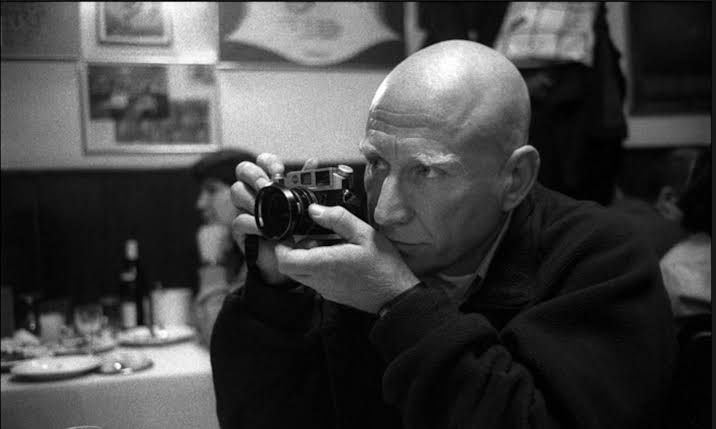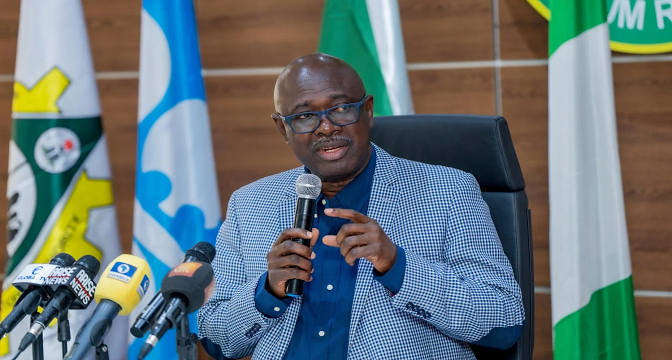
Sebastião Salgado, the internationally celebrated French-Brazilian documentary photographer known for his powerful and often stark black-and-white images documenting global social issues and environmental concerns, has died at the age of 81. The French Academy of Fine Arts, of which Salgado was a member, announced his passing on Friday, May 23, 2025, lauding him as “a great witness to the human condition and the state of the planet.”
Salgado’s career spanned decades, taking him to some of the world’s most challenging and remote locations. From the Amazon rainforest to the war-torn landscapes of Rwanda, his lens captured the human cost of conflict, famine, and displacement, as well as the grandeur and fragility of the natural world.
Read more: Quebec Mandates Formal “Vous” in Schools
“A photographer who travelled the world constantly, he contracted a particular form of malaria in 2010, in Indonesia,” his family said in a statement released through Agence France-Presse (AFP). “Fifteen years later, the complications of this disease developed into severe leukaemia, which took his life.”
The impact of Salgado’s work resonated globally. Brazilian President Luiz Inácio Lula da Silva mourned the loss of his compatriot, calling him “one of the best photographers the world has given us” and holding a moment of silence in his honor at a public event.
Salgado’s distinctive black-and-white photography, while praised for its artistic merit and emotional depth, occasionally drew criticism for allegedly aestheticizing suffering. However, he remained steadfast in his commitment to using photography as a tool for social change. As the French Academy of Fine Arts noted, Salgado believed in photography’s “powerful language to try to establish better relationships between humans and nature.”
Born in 1944 in Aimorés, Minas Gerais, Brazil, Salgado initially studied economics. Following Brazil’s 1964 military coup, he became involved in left-wing activism, eventually fleeing to France with his wife, Lélia Wanick Salgado, in 1969. He later gained French citizenship.
His work gained prominence after joining the prestigious Magnum Photos agency in 1979, following his documentation of drought and famine in Africa. Beyond his photographic endeavors, Salgado was a dedicated environmental advocate. He was a vocal critic of policies that threatened the Amazon rainforest and founded Instituto Terra, an organization dedicated to reforestation and ecological restoration in Brazil. This initiative has successfully engaged over 3,000 landowners in his home state of Minas Gerais.
Salgado’s legacy extends beyond his stunning visual record of the late 20th and early 21st centuries. He leaves behind a powerful call to action, urging greater awareness of both the human and environmental challenges facing the planet



